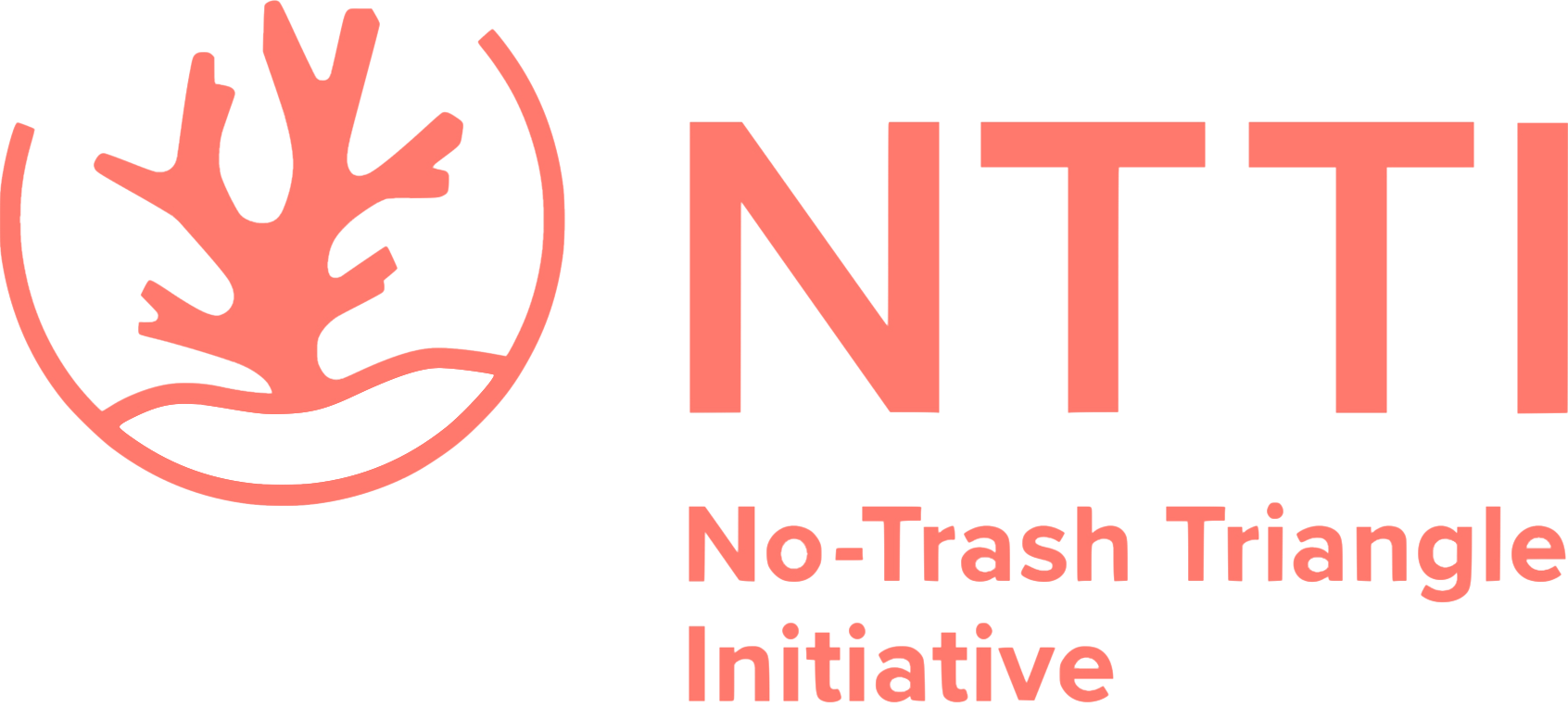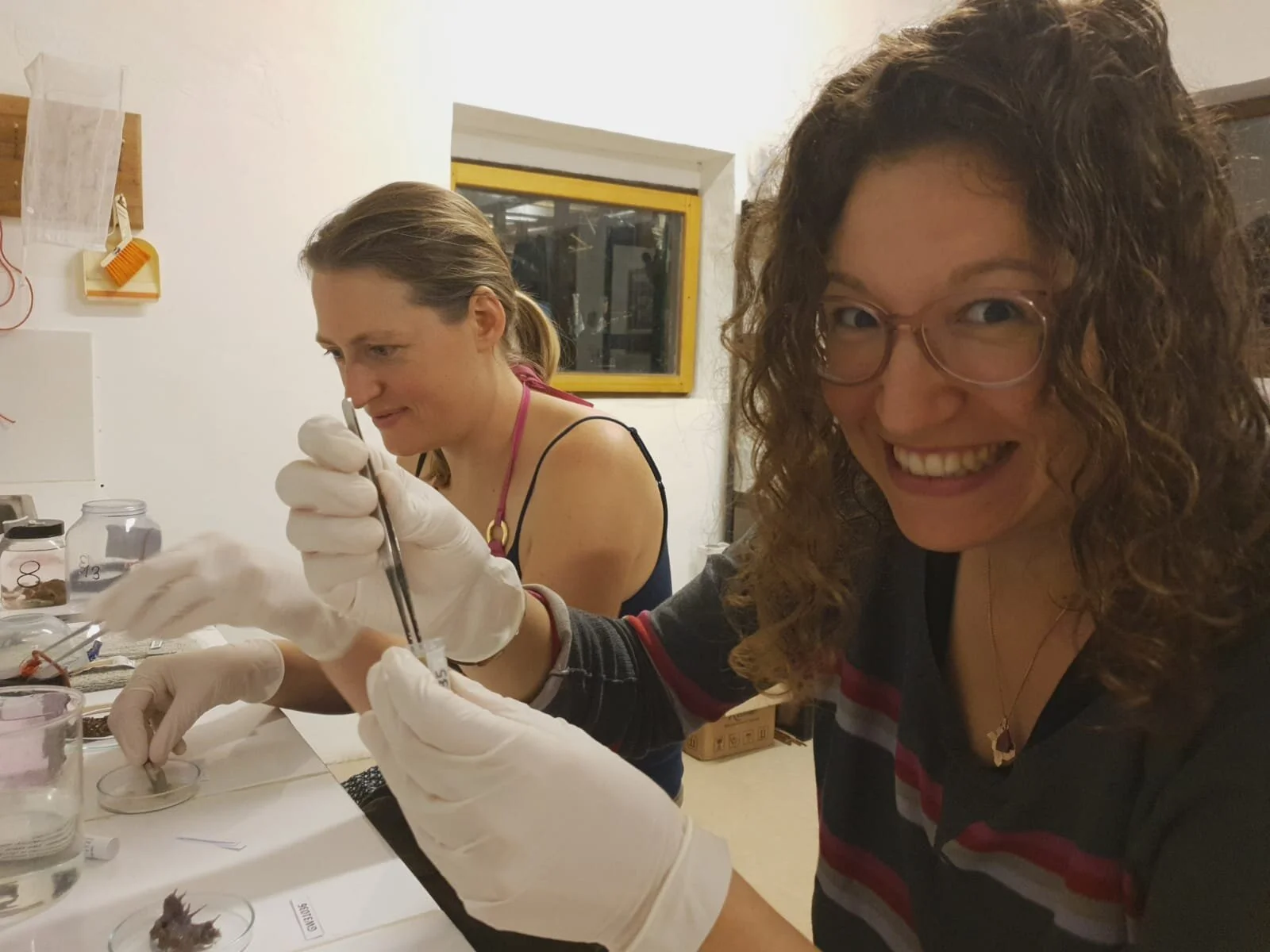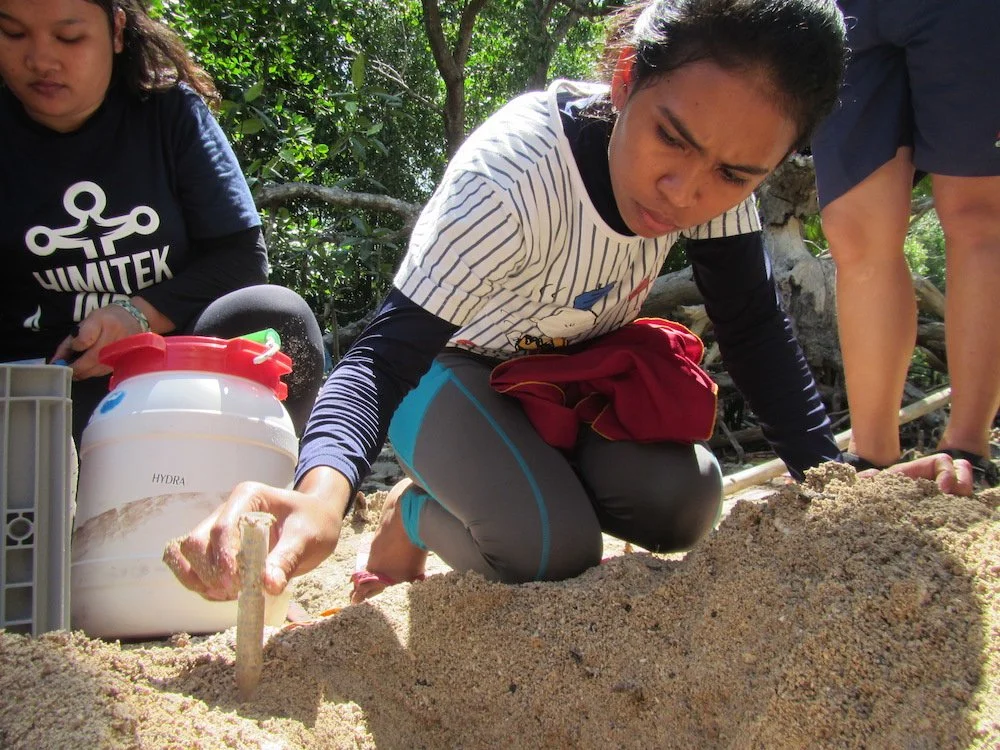Scholarships
Our scholarship programs are coordinated by NTTI and supported by HYDRA together with UNSRAT and CoralEye. Resources from all supporting partners are combined to support students.
HOW TO APPLY
Applications should include a short and precise project proposal and a CV (as .pdf). The project needs to be based at the student’s university and therefore backed by a professor (please add a support letter). The proposal should contain all relevant formal information, an overview of the chosen topic, the hypothesis, the methods to be applied, and a timeline. Send the application info@no-trashtriangle.org
DECISION ON FUNDING
Our scientific board will assess your application and communicate their decision within one month.
IMPORTANT NOTE
In Indonesia, you can only conduct research after obtaining a research permit from the National Research and Innovation Agency. Please check the specific requirements and join a team with a permit or apply for one yourself before applying for funding.
The scholarship does not include a permit, you have to take care of it personally.
A good overview can be found here: here.
PROGRAM COORDINATORS:
Student tutor and academic lead, Indonesia:
Prof. Dr. Markus T. Lasut, Sam Ratulangi University UNSRAT, Manado, Indonesia (coastal management & ecology)
International supporters:
Dr. Miriam Weber, Christian Lott, HYDRA Marine Sciences, Germany
(coastal ecology, biogeochemistry, marine microbiology & symbioses, aquatic plastic research)
Research station partner, Indonesia:
Marco Segre Reinach, CoralEye Marine Outpost, Bangka Island, Indonesia (research logistics, marine ecology, underwater work)
RESEARCH REQUIREMENTS
We fund studies on marine (plastic) pollution and its effect on the environment. This includes monitoring studies of plastic abundance in different systems (e.g. pelagic zone, beaches, benthic sediments, etc.) and organisms (e.g. microplastic ingestion by fishes). Also, social-ecological studies (e.g. plastic waste generation of coastal communities) will be considered.
WHAT’S INCLUDED
We offer free accommodation, food, and lab working space at Coral Eye, a diving resort and marine field station on Bangka Island, NE Sulawesi, Indonesia. Additionally, diving and boating logistics can be provided, if the work can be integrated into the daily resort routines. All other expenses, as travel, materials, logistics, and publications have to be covered differently.
THE LOCATION
The field station offers great opportunities to conduct marine field research: An intact coral reef is located directly in front of the resort surrounding a jetty and a large mangrove and seagrass area are in walking/snorkeling distance. Different types of beaches exist around Bangka Island. Artisanal fishing is conducted in the coastal communities on Bangka and surrounding islands (aiming at coastal reef and pelagic fishes) and fish markets exist close-by on mainland Sulawesi.
COMMUNICATION
We expect you to communicate the findings of your research. You will be expected to give a talk to Coral Eye’s guests, as well as produce a blog post (short introduction and photos) for the NTTI website. After your research is completed, we will need you to write a short report and include NTTI in the funding information for any publication or presentation on the results of your research.








